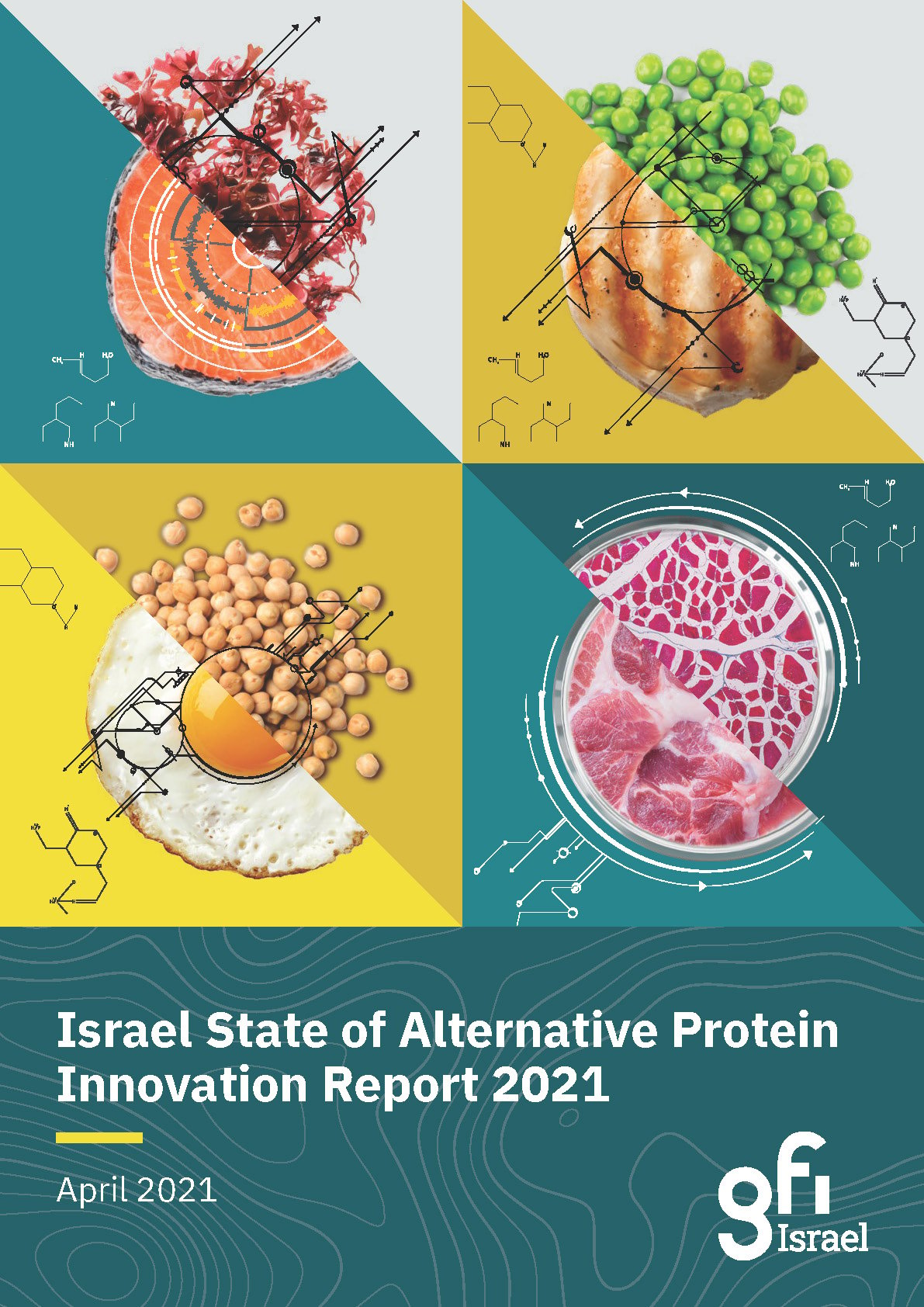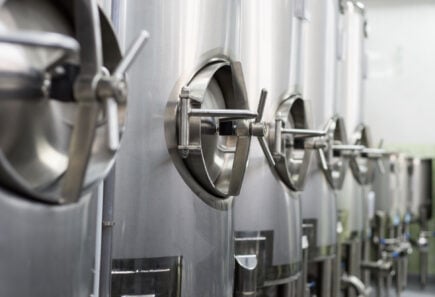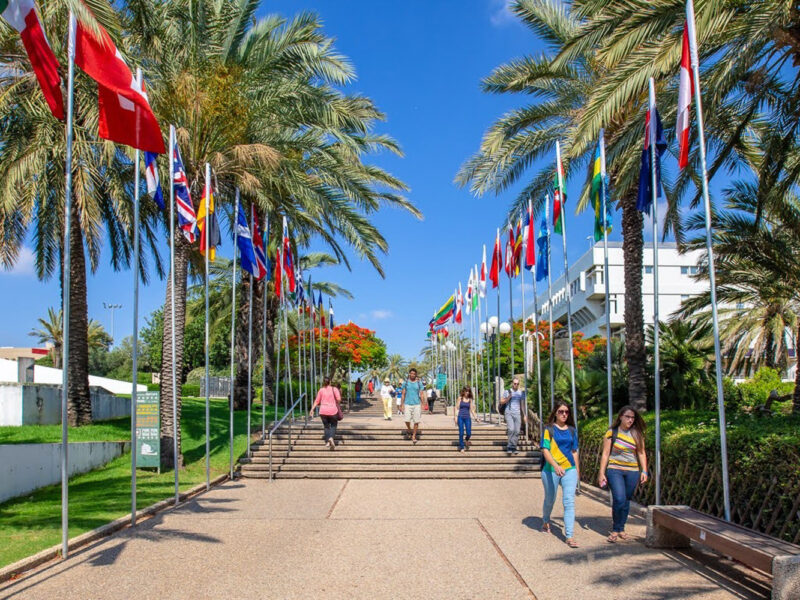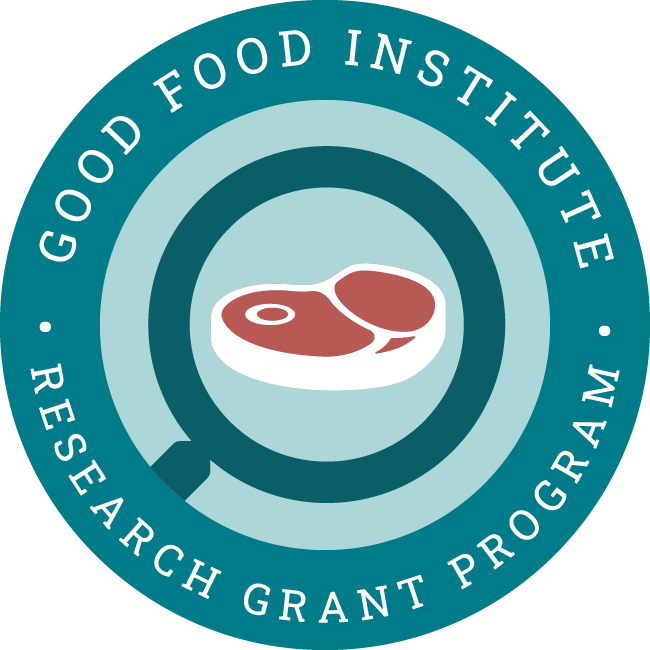Project aims
This project will help develop methods to assemble organoid building blocks into aligned and mature skeletal muscle tissue. The research will also optimize the generation and fusion of myogenic organoids.
As a result, this work will devise new methods in creating whole cuts of cultivated meat with a natural composition of muscle and fat cells. Ultimately, it could also reduce costs of cultivated meat production by reducing the need for external growth factors in media.
Principal researcher

Dr. Iftach Nachman
Assistant Professor, Tel Aviv University, Israel
Dr. Nachman is experienced in porting somitic organoids to bovine embryonic stem cells (ESCs) and studies cell differentiation in 3D tissue. He has also investigated the evolution and structure of cell signaling networks.

Israel State of Alternative Protein Innovation Report 2021
Learn more about Dr. Nachman’s research and the scientists, startups, investors, and policymakers advancing the alternative protein ecosystem in Israel.
View related grant projects

Biomanufacturing scaffold-free cultivated meat
Learn about Dr. Yuguo Lei’s research to develop an integrated solution for biomanufacturing large-volume cultivated meat at Penn State.

Making fibrous cultivated meat
Learn about Dr. Mohamadmahdi Samandari’s research to integrate intramuscular fat and textural fibers into cultivated meat at University of Connecticut.

Designing cost-effective bioreactors
Learn about Dr. Marianne Ellis’s work at University of Bath to reduce the cost of bioreactors for cultivated meat production.

Computational modeling
GFI grantee Dr. Simon Kahan at the Cultivated Meat Modeling Consortium is using computational modeling to improve bioreactor design for meat cultivation.
Explore research opportunities
-
Cultivated
High-performance oxygen carriers for cultivated meat
Mammalian cell culture performance can be limited by oxygen and carbon dioxide levels or by shear stress associated with sparging and mixing. The use of protein-based oxygen carriers could help…
-
Cultivated
Developing scalable, fit-for-purpose bioreactor and bioprocessing technologies for cultivated meat
Optimizing bioreactor and bioprocessing technologies for the needs of the cultivated meat industry has the potential to substantially reduce the cost of cultivated meat production. Innovations in cultivated meat bioprocessing…
-
Cultivated
Scaffolds and structural approaches to optimize fat distribution and content in cultivated meat
The inclusion of fat and marbling in cultivated meat is likely to increase its flavor, texture, and consumer appeal. Structural approaches using edible microcarriers, hydrogels, and 3D bioprinting present promising…
Check out related resources

Tel Aviv Alt Protein Project
Good Food Tel Aviv is positioned at the center of Start-Up Nation, where entrepreneurs, scientists, and policymakers team up to advance the frontier of food technology and innovation. Student leaders focus on stimulating alternative protein research by crafting research proposals with faculty members, advising student research projects, and nurturing a vibrant community of students and researchers passionate about shaping the future of food.

